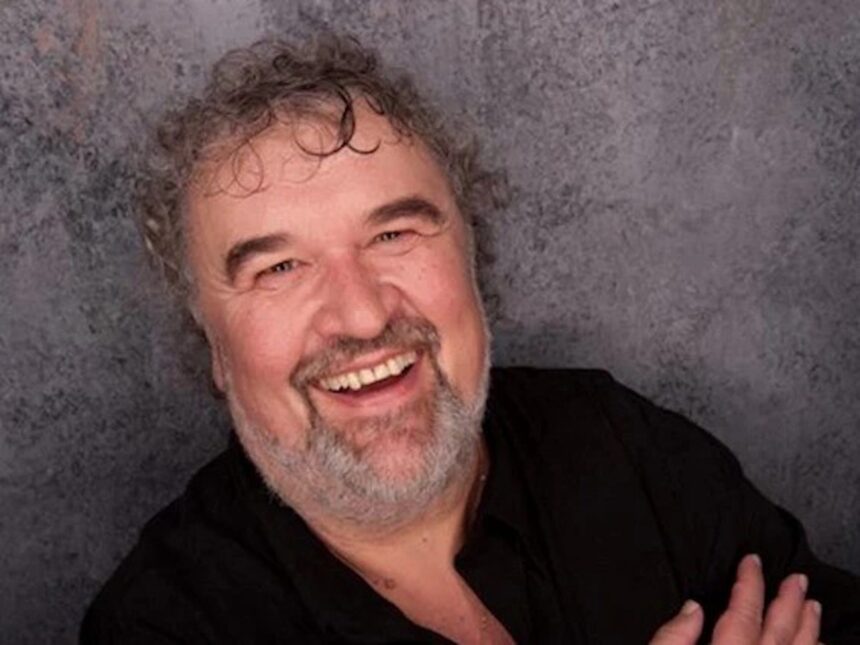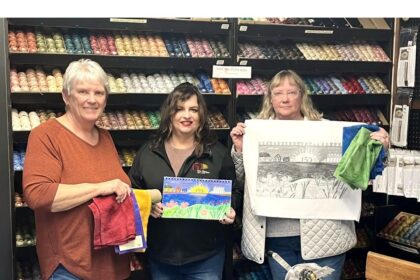Article contentExtending support to those who are indirectly affected by cancer is not only the humane thing to do but can also help them in better supporting the patient.Article contentAdditionally, cancer impacts not only the physical, but also the emotional, social, financial, and professional wellbeing. Therefore, these areas of life should also be looked after through services, such as peer support, emotional support, and end-of-life programs.Article contentInterestingly though, while these services appear to be offered, not everyone is aware of them or able to access them. This is another problematic area that needs attention by health-care systems.Article content2) Second, when it comes to precision medicine, it does not appear to be widely known.Article contentIf we do not hear about precision medicine, if our health-care providers do not discuss it with us, how can we utilize this treatment strategy?Article contentArticle contentThis is what health-care leaders need to do first – educate patients, health-care providers, and members of the general public and make them aware of this treatment option.Article contentThen, the next step should be focusing on accessibility and affordability of precision medicine treatments. Imagine that there is a treatment that can fit your needs, but is out of your reach – how can you benefit from it?Article contentProviding increased opportunity to access precision drugs should be a priority for the provincial and federal governments.Article contentVOICES NEED TO BE HEARDArticle contentPeople with lived experiences, such as members of the ACC PAC, have a vital role in voicing the issues encountered by patients and their families, their needs and priorities, and overall ways in which cancer care and control can be improved.Article contentBy recognizing patients and public partners as the experts and leaders they are and enhancing their involvement and contributions in academia and the public arena, partnerships and collaborations like the ACC PAC are changing the narrative in these fields.Article contentArticle contentEveryone in Atlantic Canada, particularly the healthcare and government leaders, are invited to hear and integrate patient and family views in their service to the community. By working along them, anyone can gain new insights, new perspectives, and new abilities.Article contentAlso, researchers and funders are invited to consider these views in future research projects, in order to examine patient needs systematically and implement better cancer control measures in the region and in other parts of Canada.Article contentLastly, we should keep our eyes on the big picture. When people are healthier, communities and countries are healthier. There has been good progress in controlling some cancers. While treatment is a crucial part of cancer control, our focus on prevention and early detection of cancer should be maintained – these two can improve health outcomes without needing extensive and expensive treatments.Article contentHOPE FOR THE FUTUREArticle contentWe look forward to celebrating the day when cancer finally becomes a disease of the past.Article contentWe are hopeful that investments, leadership by patient groups like ACC PAC, and research collaborations such as the Marathon of Hope Cancer Centres Network will eventually lead the way to this day.Article contentGeorgia Skardasi, MSc. Coordinator, ACC PAC, Memorial University of NewfoundlandArticle contentSevtap Savas, PhD. Lead, ACC PAC, Memorial University of NewfoundlandArticle content
OP-ED: Good things happening in cancer research, cancer care











